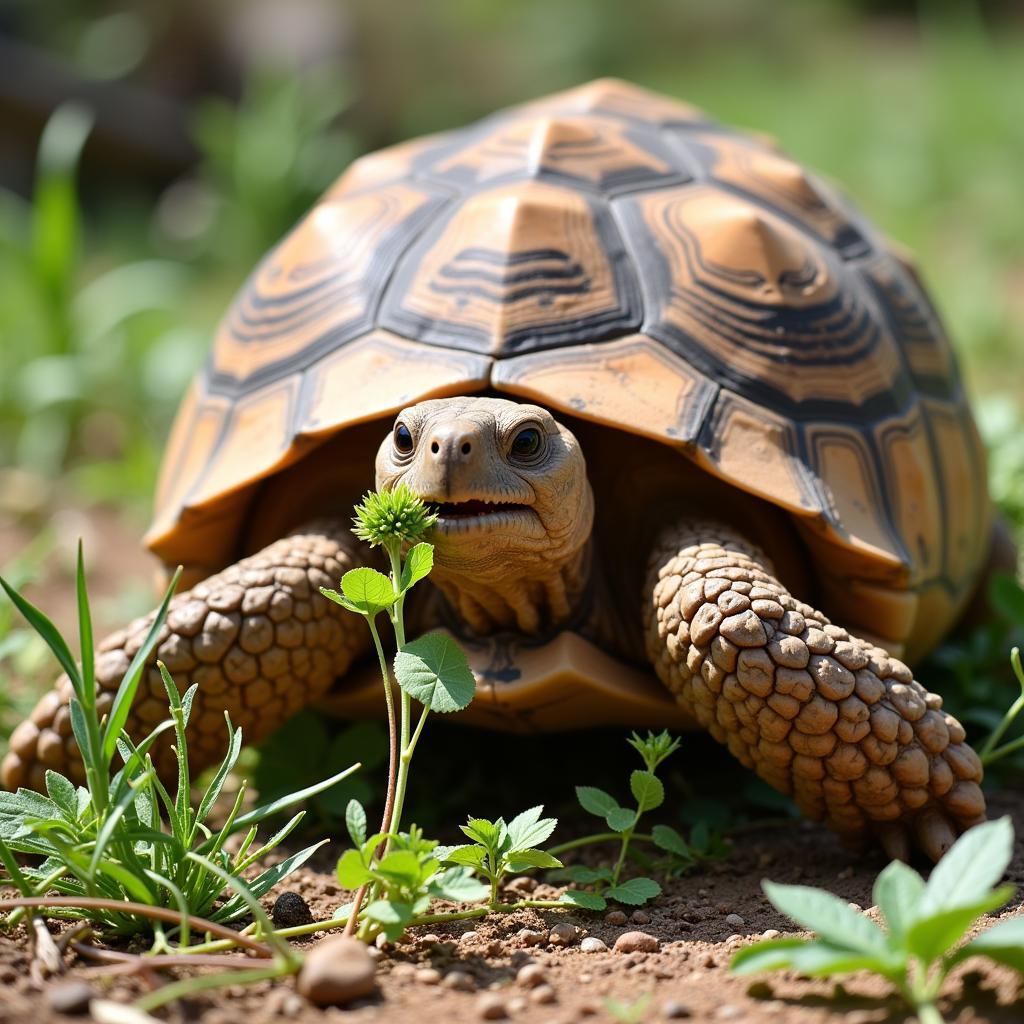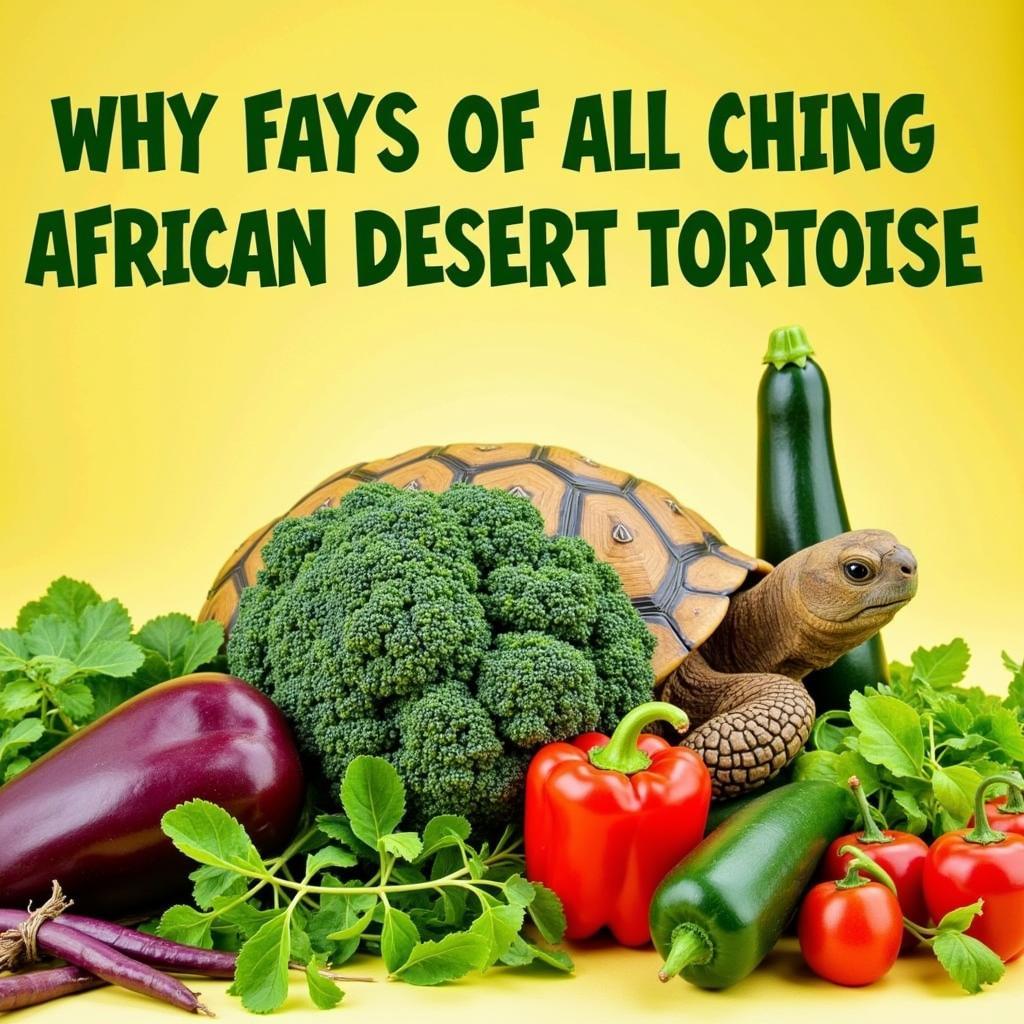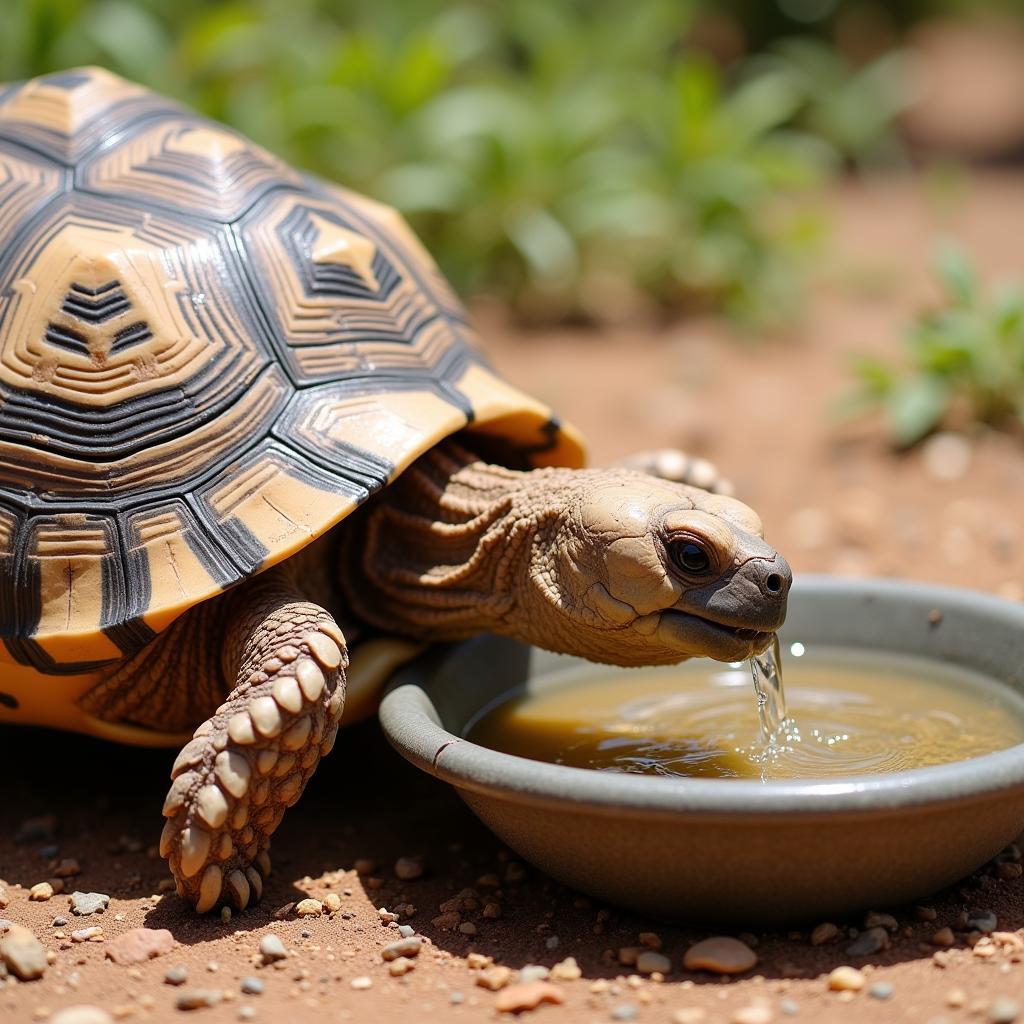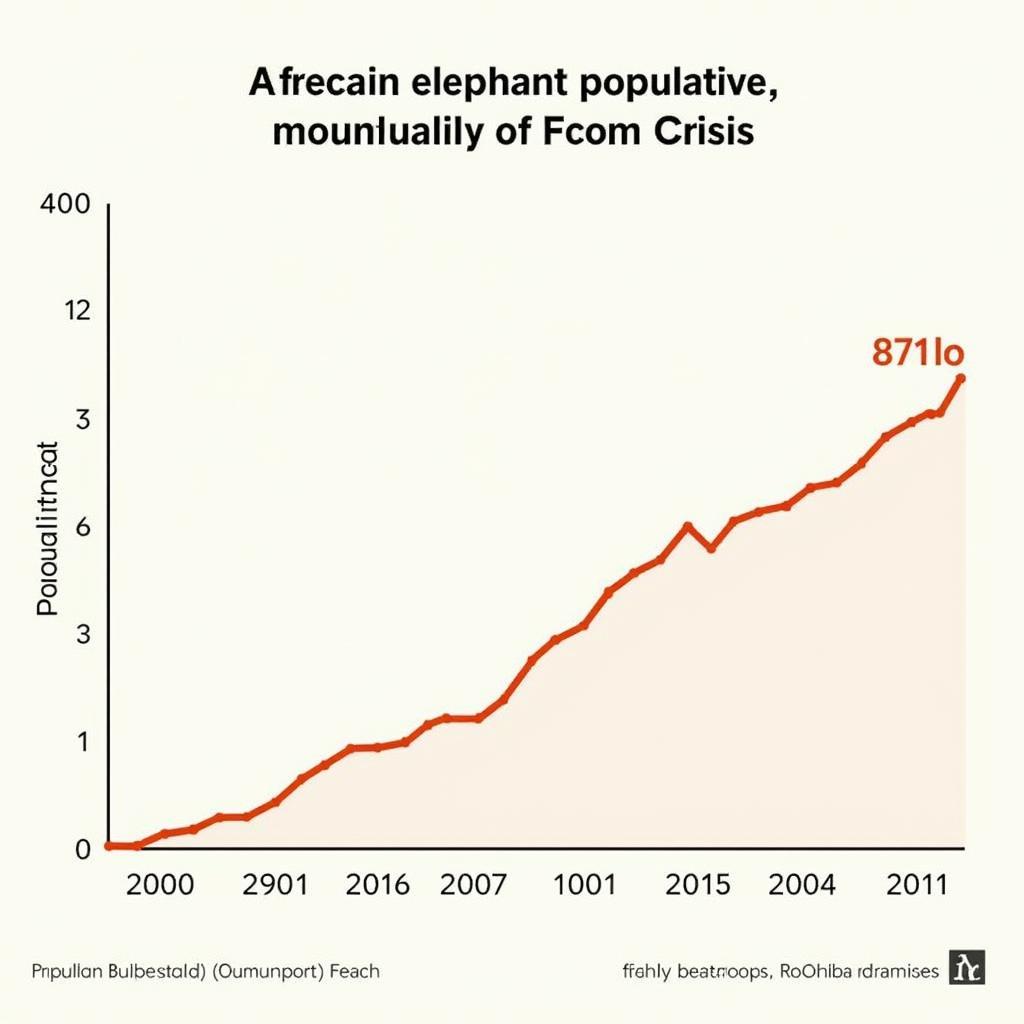The Ultimate Guide to the African Desert Tortoise Diet
The African desert tortoise, also known as the sulcata tortoise, is a fascinating reptile native to the southern edge of the Sahara Desert. These gentle giants can live for over 100 years, reaching impressive sizes of up to 30 inches and over 100 pounds. One of the keys to their longevity and well-being lies in a proper diet that mimics their natural grazing habits. This comprehensive guide will explore the intricacies of the African Desert Tortoise Diet, equipping you with the knowledge to provide optimal care for these incredible creatures.
Understanding the Grazing Habits of African Desert Tortoises
In the wild, African desert tortoises spend their days foraging for grasses, weeds, and succulents. Their diet consists mainly of high-fiber, low-protein vegetation, which is essential for maintaining their digestive health and overall well-being. Unlike many other tortoise species, African desert tortoises thrive in arid environments where food and water can be scarce.
 African Desert Tortoise Grazing on Grasses
African Desert Tortoise Grazing on Grasses
Essential Nutrients for a Healthy African Desert Tortoise Diet
A well-balanced African desert tortoise diet should include a variety of fresh vegetables, grasses, and hay.
1. Grasses and Hay: The Cornerstone of a Healthy Diet
Grasses and hay should make up the bulk of your tortoise’s diet, accounting for around 80% of their food intake. These high-fiber foods are crucial for maintaining a healthy digestive system and preventing obesity.
- Timothy Hay: Widely available and a great source of fiber.
- Orchard Grass Hay: Another excellent choice that is similar in nutritional content to Timothy hay.
- Bermuda Grass Hay: A good option, but should be fed in moderation due to its higher protein content.
2. Fresh Vegetables: Adding Variety and Essential Vitamins
While grasses and hay are essential, fresh vegetables should also be incorporated into your tortoise’s diet to provide them with vital vitamins and minerals. Offer a variety of vegetables, aiming for a calcium-to-phosphorus ratio of 2:1.
- Leafy Greens: Dandelion greens, collard greens, mustard greens, turnip greens, escarole, endive, and romaine lettuce are all excellent choices.
- Other Vegetables: Offer small amounts of grated carrots, zucchini, bell peppers, and squash.
 African Desert Tortoise Enjoying Fresh Vegetables
African Desert Tortoise Enjoying Fresh Vegetables
Foods to Avoid Feeding Your African Desert Tortoise
While it may be tempting to share your favorite snacks with your tortoise, certain foods can be harmful to their health.
- Fruits: Fruits are high in sugar and should be avoided as they can cause digestive problems and lead to obesity.
- Animal Products: African desert tortoises are herbivores and should not be fed meat, dairy, or other animal-based products.
- Processed Foods: Avoid feeding your tortoise any processed foods, including bread, pasta, and pet treats specifically designed for other animals.
Water: The Lifeline of the Desert
Although African desert tortoises are adapted to arid environments, access to fresh, clean water is crucial. Provide a shallow water dish that your tortoise can easily access for drinking and soaking.
Creating a Feeding Schedule for Your African Desert Tortoise
- Juveniles (under 2 years): Feed daily, offering a variety of fresh vegetables and hay.
- Adults (2 years and older): Feed every other day or 3-4 times per week, depending on their size and activity level.
 African Desert Tortoise Hydrating
African Desert Tortoise Hydrating
Common Questions About the African Desert Tortoise Diet
1. Can I give my African desert tortoise store-bought tortoise food?
While commercially available tortoise foods can supplement their diet, they should not be the primary source of nutrition. Focus on providing a diet rich in fresh vegetables, grasses, and hay.
2. How much should I feed my African desert tortoise?
As a general rule of thumb, offer as much food as your tortoise can consume within a 15-20 minute period.
3. What are the signs of a healthy African desert tortoise?
A healthy tortoise will have clear eyes, a firm shell, a good appetite, and regular bowel movements.
4. How can I learn more about caring for my African desert tortoise?
Consult with a veterinarian specializing in reptiles to ensure you are providing the best possible care for your African desert tortoise.
Conclusion
By understanding the dietary needs of these remarkable creatures and following these guidelines, you can provide your African desert tortoise with the nutrition they need to thrive in captivity. Remember to offer a variety of fresh, high-fiber foods, avoid harmful items, and consult with a veterinarian for personalized advice.
For additional information on caring for your African desert tortoise, including finding reputable breeders, you can visit African desert tortoise for sale.


